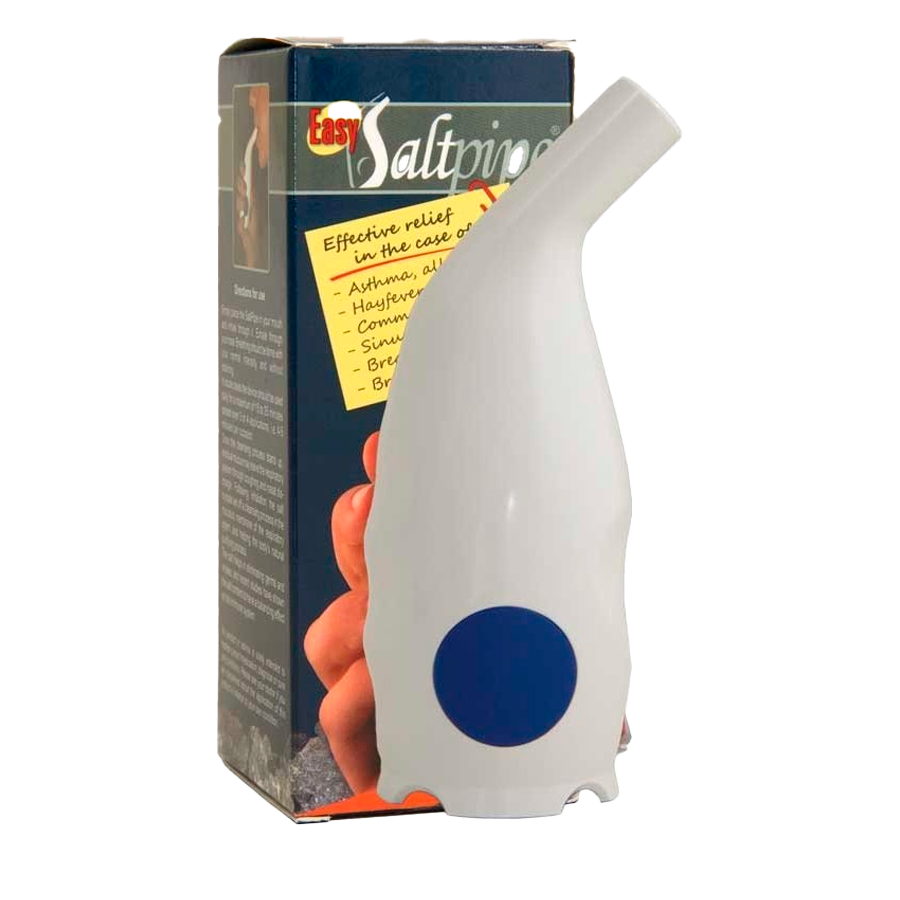1. Understanding Respiratory Health
Respiratory health involves the well-being of the airways and lungs, which are crucial for delivering oxygen to the body and removing carbon dioxide. Maintaining clear airways and healthy lung function is essential, as any disruption can lead to discomfort and reduced quality of life. Common issues during the winter include dry air, increased allergens, and respiratory infections, all of which can impact our ability to breathe comfortably.
2. Hydration Matters
Staying hydrated is essential to respiratory health. Proper hydration helps maintain the mucous membranes lining the airways, preventing them from drying out and becoming irritated. When the air is dry, particularly in heated indoor environments, drinking plenty of fluids becomes even more critical. Aim for water, herbal teas, or broths to keep your body hydrated.
You can also add moisture to the air over winter with a humidifier. This can help alleviate dryness in the throat and nasal passages, making breathing easier and more comfortable.
3. Nutritional Support for Immunity
Ensuring your body receives adequate nutrition is vital during the winter months. One essential nutrient is vitamin D. Research has shown that sufficient vitamin D levels can significantly reduce the risk of acute respiratory infections. A meta-analysis of 25 randomised controlled trials found that regular vitamin D supplementation can cut the risk of respiratory infections by half, especially for those who are deficient. As sunlight becomes scarce in winter, consider foods rich in vitamin D or supplementation to support your immune system.
4. Support Your Airways Naturally
One way to support your respiratory system is through natural therapies. Many people find that inhaling salt-infused air can provide a refreshing experience for the airways. This practice, often associated with salt therapy, may help clear congestion and promote a sense of relief. Utilising devices designed to facilitate this, such as a salt pipe, can be a beneficial addition to your respiratory care routine.
Moreover, regular exposure to fresh air and outdoor activities can also positively affect respiratory health. When possible, take walks in natural environments, as this can help clear the lungs and improve overall well-being.
5. Consider Antimicrobial Support
During winter, our immune systems often face additional challenges. It’s not uncommon for people to seek out products that offer antimicrobial properties to help support their immune response. While various formulations are available, incorporating natural solutions into your routine can be beneficial.
For example, certain substances known for their antimicrobial effects, like silver, can help maintain a balanced environment in the body. They may reduce the presence of unwanted microbes that can compromise respiratory health. Ensuring your immune system is well-supported can significantly improve your overall comfort.
6. Address Inflammation
Inflammation can be a contributing factor to respiratory discomfort. Many people seek natural ways to help manage inflammation, especially during colder months when the body may be under more stress. A well-rounded diet rich in anti-inflammatory foods can play a role here. Aim to include various brightly coloured fruits and vegetables in the diet, alongside whole grains and healthy fats, to help provide the nutrients needed to support the body’s normal inflammatory processes.
In addition to dietary considerations, some may find that specific herbal supplements and enzymes, like curcumin, serrapeptase, bromelain and papain, offer benefits in managing inflammation. Formulations that combine these elements can be part of a holistic approach to maintaining respiratory health.
7. Nourishing the Eyes and Sinuses
During the winter, many individuals experience dryness not only in their respiratory system but also in their eyes. The combination of dry indoor air and seasonal allergens can lead to discomfort and irritation. Preservative-free eye drops with sodium hyaluronate can relieve those dealing with dry, gritty, or irritated eyes. This simple step can improve comfort and help maintain focus during daily activities.
Similarly, ensuring your sinuses are well-cared for can enhance respiratory health. Practices that promote sinus health, such as saline rinses, can help clear out irritants and allergens, providing relief and improving overall respiratory comfort.
8. Embrace Deep Breathing Exercises
Practising deep breathing exercises each day can significantly benefit your respiratory system. Techniques such as diaphragmatic breathing can help enhance lung capacity and improve oxygen exchange. Spend a few minutes each day practising deep, intentional breaths to promote relaxation and support your respiratory function.
Yoga or meditation can also contribute to respiratory health. These practices often incorporate breathing techniques that help increase awareness of your breath, which aids in stress reduction and overall well-being.
9. Consult with a Healthcare Professional
If you’re experiencing ongoing discomfort in your respiratory system, it’s important to consult with a healthcare professional for personalised recommendations to support your respiratory health.
Conclusion
Maintaining respiratory health during the winter months is crucial for overall well-being. By focusing on hydration, nutritional support, natural remedies, and anti-inflammatory practices, you can help ensure your airways remain clear and comfortable. Incorporating deep breathing exercises and seeking professional guidance when needed can further enhance your respiratory care routine.
As you embrace the winter season, consider integrating these strategies into your daily life. With a little care and attention, you can breathe easy and enjoy all that the colder months have to offer.







